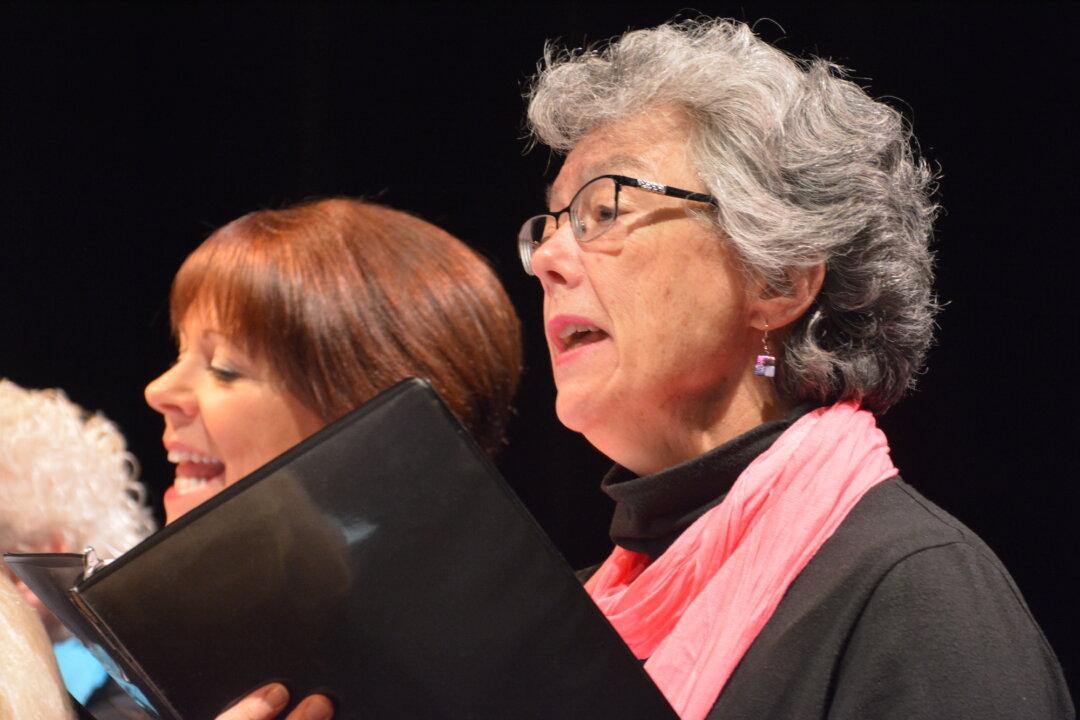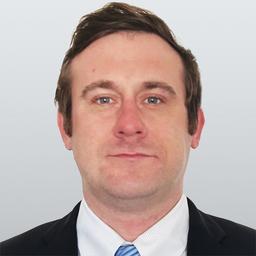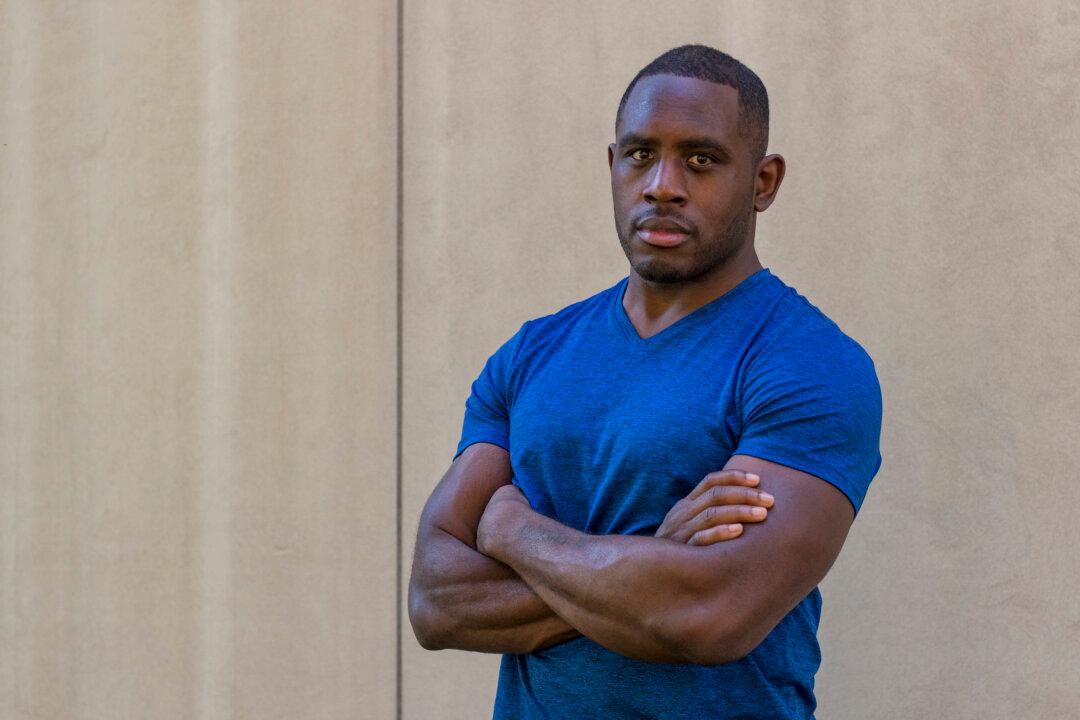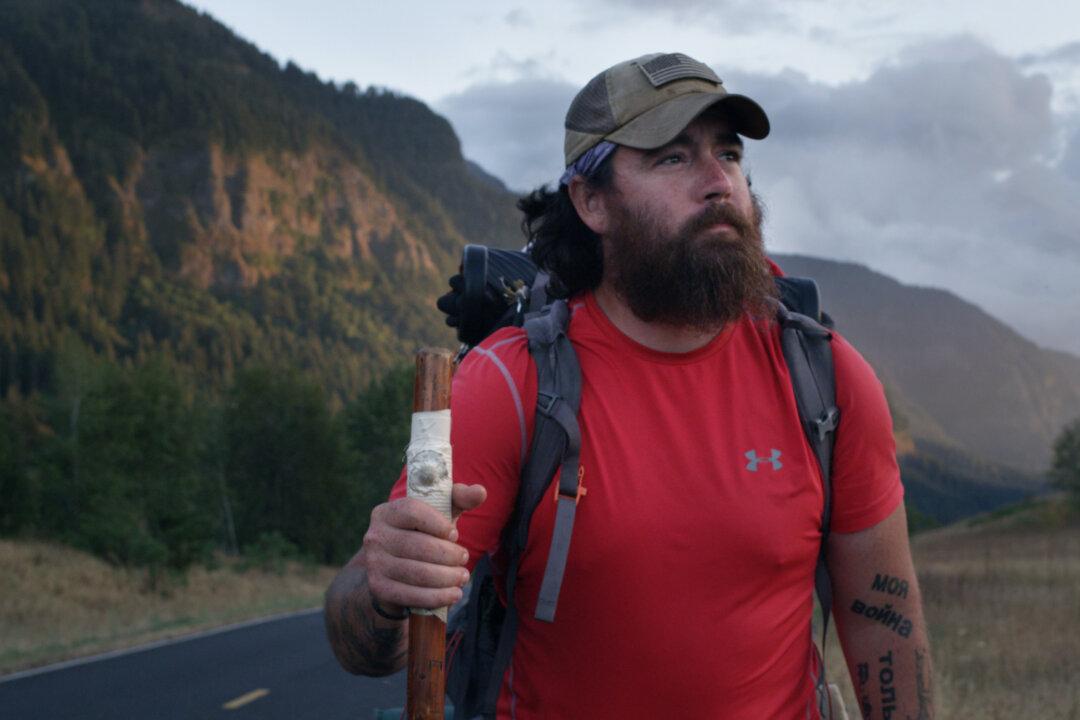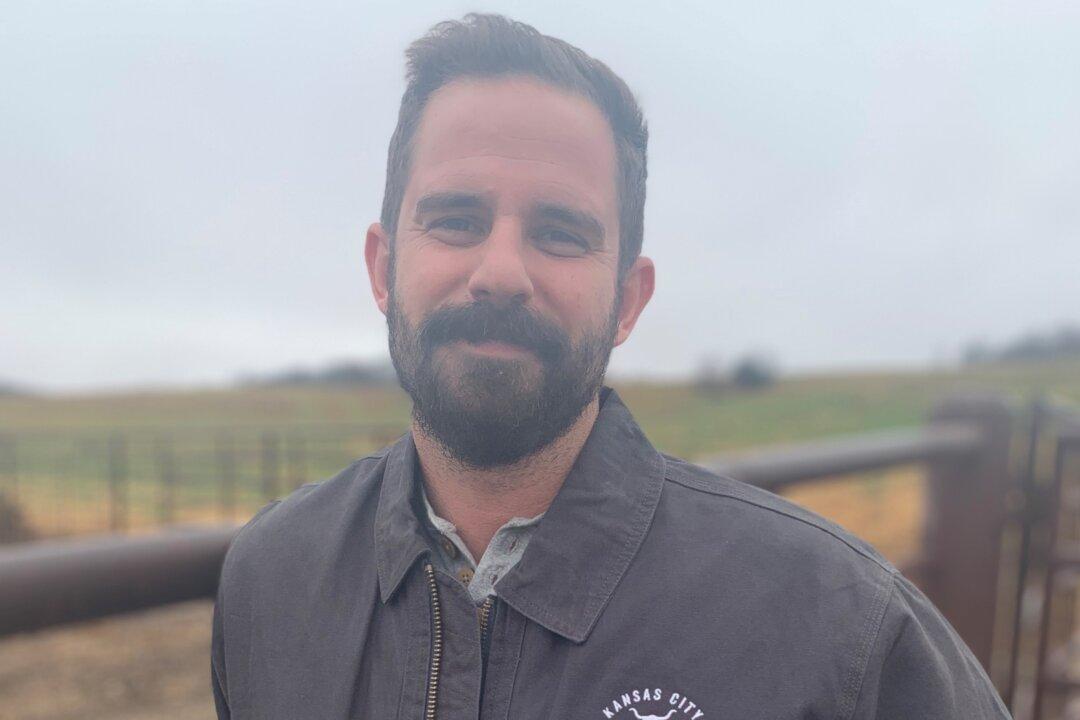Encore Creativity for Older Adults, a choral organization, is providing seniors 55 and older with a creative outlet and the opportunity to make new friends.
Since live rehearsals have been canceled since March 12, 2020, Encore is offering a virtual summer course called Encore University, which will feature rehearsals as well as a variety of music classes. The show must go on, as they say.

